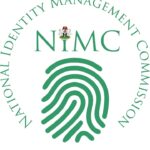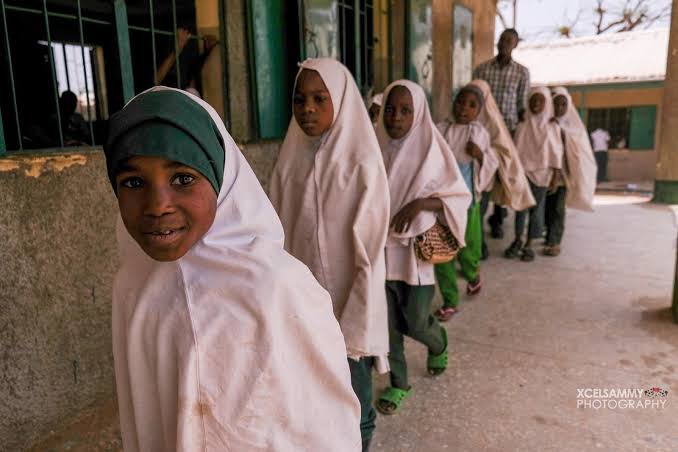BY FATIMA BARMA
Education in northern Nigeria faces severe challenges that threaten the region’s development and stability.
Despite various government initiatives and international support, millions of children remain out of school due to poverty, insecurity, and cultural barriers.
The crisis has far-reaching implications, perpetuating illiteracy, unemployment, and social inequality, and undermining efforts to achieve sustainable development in the region.
Insecurity is one of the most significant barriers to education in northern Nigeria.
The ongoing insurgency by Boko Haram and other armed groups has targeted schools, students, and teachers, leading to widespread fear and the closure of many educational institutions.
The infamous abduction of schoolgirls in Chibok and Dapchi highlighted the vulnerability of schools in the region, discouraging parents from sending their children, particularly girls, to school.
Poverty further exacerbates the education crisis. Many families in northern Nigeria cannot afford school fees, uniforms, or learning materials, forcing children to drop out or never enroll.
Instead, children are often sent to work as laborers, hawkers, or domestic helpers to support their families. In some cases, families prioritize boys’ education over girls’, reinforcing gender disparities in access to education.
Cultural and religious factors also play a significant role in limiting educational opportunities. In many communities, early marriage and traditional gender roles prevent girls from completing their education.
Additionally, some parents prefer religious education over formal schooling, leading to a proliferation of unregulated Quranic schools that lack a comprehensive curriculum.The impact of the education crisis is deeply concerning.
With an estimated 10.5 million children out of school, Nigeria has one of the highest rates of out-of-school children globally, with northern states accounting for a significant proportion.
Illiteracy and lack of skills limit employment opportunities, contributing to a cycle of poverty and dependence.
Furthermore, the lack of education fuels extremism, as uneducated youth are more susceptible to recruitment by insurgent groups.Efforts to address the education crisis have been made, but progress remains slow.
Government programs such as the Universal Basic Education (UBE) scheme aim to provide free and compulsory primary education, but implementation is hampered by inadequate funding and poor governance.
International organizations and non-governmental organizations (NGOs) have also stepped in, supporting initiatives to improve access, infrastructure, and teacher training.
However, these efforts are often fragmented and fail to address the root causes of the crisis.
To tackle the education crisis in northern Nigeria, a multi-pronged approach is needed.
Ensuring security in schools through measures such as the Safe Schools Initiative is crucial. Investments in infrastructure, teacher training, and learning materials can improve the quality of education, while conditional cash transfer programs can incentivize families to send their children to school.
Addressing cultural barriers through community engagement and advocacy can also promote gender equality and the importance of formal education.
The education crisis in northern Nigeria is a complex issue that requires long-term commitment and collaboration.
By prioritizing education and addressing the underlying challenges, the region can unlock the potential of its youth and pave the way for a brighter, more prosperous future.
FATIMA BARMA IS A 300 LEVEL STUDENT FROM MASS COMMUNICATION DEPARTMENT BORNO STATE UNIVERSITY, BORNO STATE.












